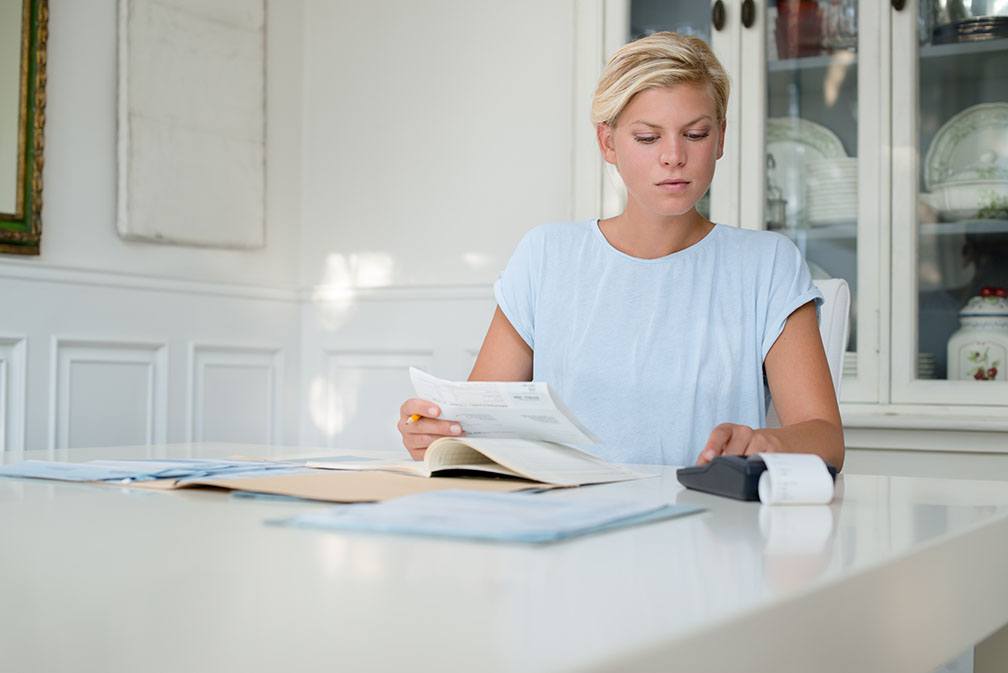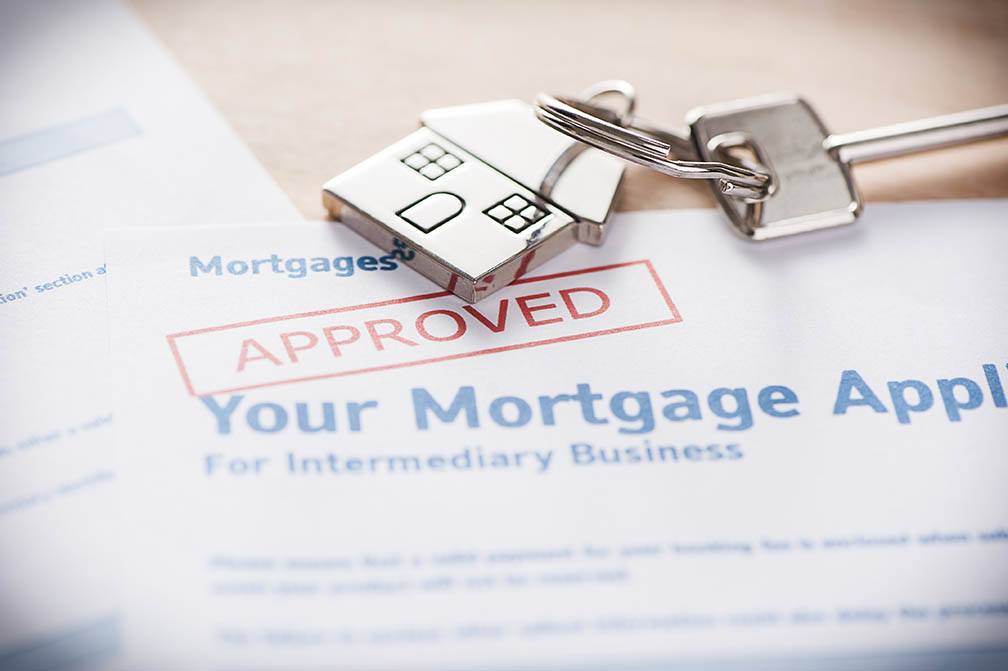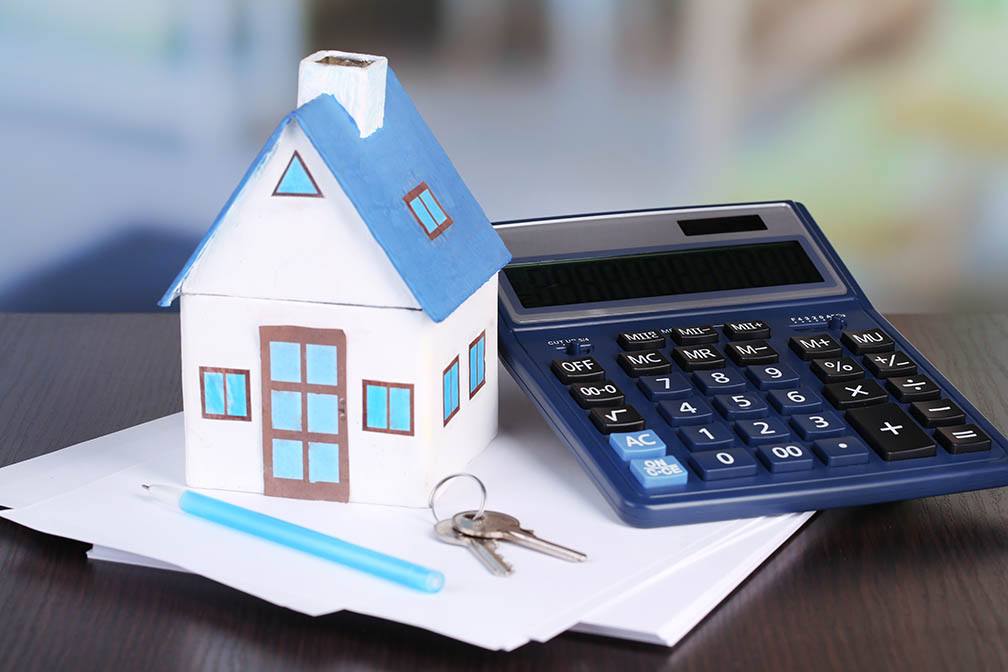 If you’ve decided to invest in a home, you might be wondering how to make all of the expenses work. From the groceries to your mode of transportation, all of those little things can quickly add up. Fortunately, it’s easy enough to ensure you have the money each month by carefully calculating your expenses and ensuring there’s a little wiggle room in case of leaner times. Here are the details on how to begin with your mortgage budgeting plan.
If you’ve decided to invest in a home, you might be wondering how to make all of the expenses work. From the groceries to your mode of transportation, all of those little things can quickly add up. Fortunately, it’s easy enough to ensure you have the money each month by carefully calculating your expenses and ensuring there’s a little wiggle room in case of leaner times. Here are the details on how to begin with your mortgage budgeting plan.
Calculate Your Monthly Payment
Whether you’ve just purchased a home or are trying to determine if your dream home is right for you, it’s very important to establish approximately what your monthly payment will be. It’s critical to have a mortgage cost that is sustainable, so add up your mortgage payment, home insurance, property taxes and any other required payments. While this should give you a ballpark figure, you’ll want to ensure you add a bit of extra room in case your taxes or interest rate should rise.
Determine Your Necessary Expenses
It’s easy to be idealistic and assume that you’ll be able to come up with the money for your dream home, but it’s very important to keep your feet on the ground and be realistic about your budget. Once you’ve determined your payment, calculate the average amount for your utilities, transportation costs and any debt you have. You’ll also want to add in groceries, toiletries, and extras like gym passes, meals or entertainment. By adding up your monthly payment and your expenses, you should be able to determine if a house is realistic for you.
Leave A Little Extra
If your expenses and your home costs add up to balance out, that’s great, but don’t forget to leave a little extra room in your budget for the other things you’ll need. While you’ll want to ensure you’re saving money for the future, if you have any short-term life goals like a travel destination or going back to school you’ll need to save for those. Also, the unexpected can occur at any time so you’ll want to have some cash stashed away for the times when the car breaks down or there’s a medical issue.
When investing in a home, you’ll need to feel confident that you can make your monthly mortgage payment and still have enough left over to pay your expenses and savings for down the road. If you’re currently preparing to buy, contact your trusted mortgage professionals for more information.

 With a high volume of millennials set to enter the real estate market this year, it may seem like all the available options out there were created to snag new home buyers. However, there are products available on the market that cater to those who are in their golden years too. If you’re older than 62 and are currently weighing the options with your mortgage, here are the basics on reverse mortgages and why they might positively benefit you.
With a high volume of millennials set to enter the real estate market this year, it may seem like all the available options out there were created to snag new home buyers. However, there are products available on the market that cater to those who are in their golden years too. If you’re older than 62 and are currently weighing the options with your mortgage, here are the basics on reverse mortgages and why they might positively benefit you. Whether you’re finally prepared to get into the real estate market or you want to know how you can make a deal quick, there are a few necessary documents you’ll need to prove your reliability to a mortgage lender. If you’re wondering what will be involved in getting the application approval you’re looking for, here are the documents you’ll want to have on hand when the time comes.
Whether you’re finally prepared to get into the real estate market or you want to know how you can make a deal quick, there are a few necessary documents you’ll need to prove your reliability to a mortgage lender. If you’re wondering what will be involved in getting the application approval you’re looking for, here are the documents you’ll want to have on hand when the time comes. Investing in a home is a big financial decision, and along with the decision to buy is the question of how much mortgage you’ll be able to afford. While your debt-to-income ratio can be helpful in determining the range for your mortgage amount, a mortgage calculator can be a beneficial tool in coming to a potential price. If you’re curious about how and if this financial tool can benefit you, here are the details about using a mortgage calculator.
Investing in a home is a big financial decision, and along with the decision to buy is the question of how much mortgage you’ll be able to afford. While your debt-to-income ratio can be helpful in determining the range for your mortgage amount, a mortgage calculator can be a beneficial tool in coming to a potential price. If you’re curious about how and if this financial tool can benefit you, here are the details about using a mortgage calculator. A mortgage is one of the most expensive purchases you’ll make in your life, and for many, the idea of being indebted to it for years can seem like quite a burden. However, while you won’t necessarily be able to pay off your home with instant savings, there are ways that you can pay it down more quickly. If you’re wondering how to drum up some extra money for your mortgage, you may want to consider the following options.
A mortgage is one of the most expensive purchases you’ll make in your life, and for many, the idea of being indebted to it for years can seem like quite a burden. However, while you won’t necessarily be able to pay off your home with instant savings, there are ways that you can pay it down more quickly. If you’re wondering how to drum up some extra money for your mortgage, you may want to consider the following options.